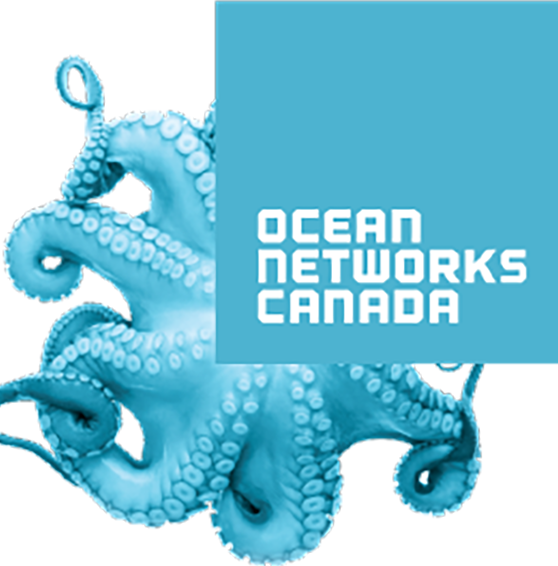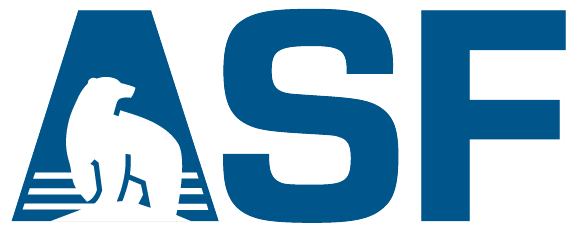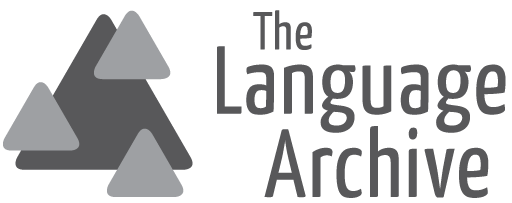The White House’s Office of Science and Technology Policy (OSTP) announced on 4 October their blueprints for an “AI Bill of Rights” that seeks to provide guidance for more equitable use of AI. This framework is still in early stages, but it is a major step toward ensuring that AI systems do not infringe upon basic human rights. The blueprint focuses on five pillars:
- Safe and Effective Systems – You should be protected from unsafe or ineffective systems.
- Algorithmic Discrimination Protections – You should not face discrimination by algorithms and systems should be used and designed in an equitable way.
- Data Privacy – You should be protected from abusive data practices via built-in protections and you should have agency over how data about you is used.
- Notice and Explanation – You should know that an automated system is being used and understand how and why it contributes to outcomes that impact you.
- Human Alternatives, Consideration, and Fallback – You should be able to opt out, where appropriate, and have access to a person who can quickly consider and remedy problems you encounter.
Similar frameworks have been drafted by the National Institute of Standards and Technology (NIST), the OECD AI Policy Observatory, the European Union, UNESCO, and others around the world. These guidelines resonate with the World Data System’s mission to enhance the capabilities, impact, and sustainability of scientific data by creating trusted communities, strengthening the scientific enterprise throughout the entire lifecycle of data and all related components, and advocating for accessible data and transparent and reproducible science.
Click here for the OSTP’s Blueprint for an “AI Bill of Rights”




